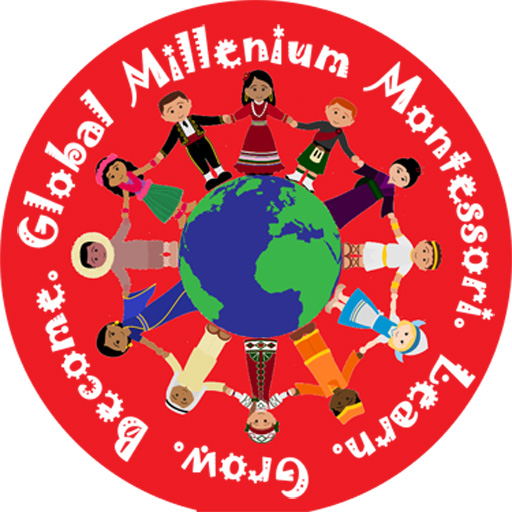Paradigmatic fronteras: Troubling available design and translanguaging with sticky literacy
Journal of Early Childhood Literacy, Ahead of Print.
In this article, I explore the paradigmatic boundaries between New Literacy Studies, translanguaging, and posthuman thought around language and literacy. This enquiry began with a recent encounter with emergent bilingual children in a community-based writing programme which caused me to ‘rethink’ some of my humanistic groundings and assumptions about literacy(ies) and turn to posthuman thinking to address its affective workings. Notably, I wanted to pay more attention to bodies, laughter, and material when thinking about the emergence of a language and literacy moments in my data collection. This emergence of literacy occurred during a research project that I had designed, which focused on implementing translanguaging pedagogies as an act of resistance and restorative justice in a community-based writing centre that served the Latinx community in urban Philadelphia. I had framed that study, theoretically and methodologically, with and around sociocultural theories of literacy and language, informed by the scholarship stemming from New Literacies Studies and Translanguaging as a Theory of Language. Through a set of Saturday workshops, I had set out to understand how a translanguaging pedagogy could foster a critical, restorative, and resistant language and literacy pedagogy and practice for these emergent bilingual children. However, during one of these workshops, some literacy emerged that did not fit within my theoretical framework. It was data that I didn’t know what to do with, and it all began with a ball of sticky tack.
Source: Early Childhood literacy
Please Follow Us:
